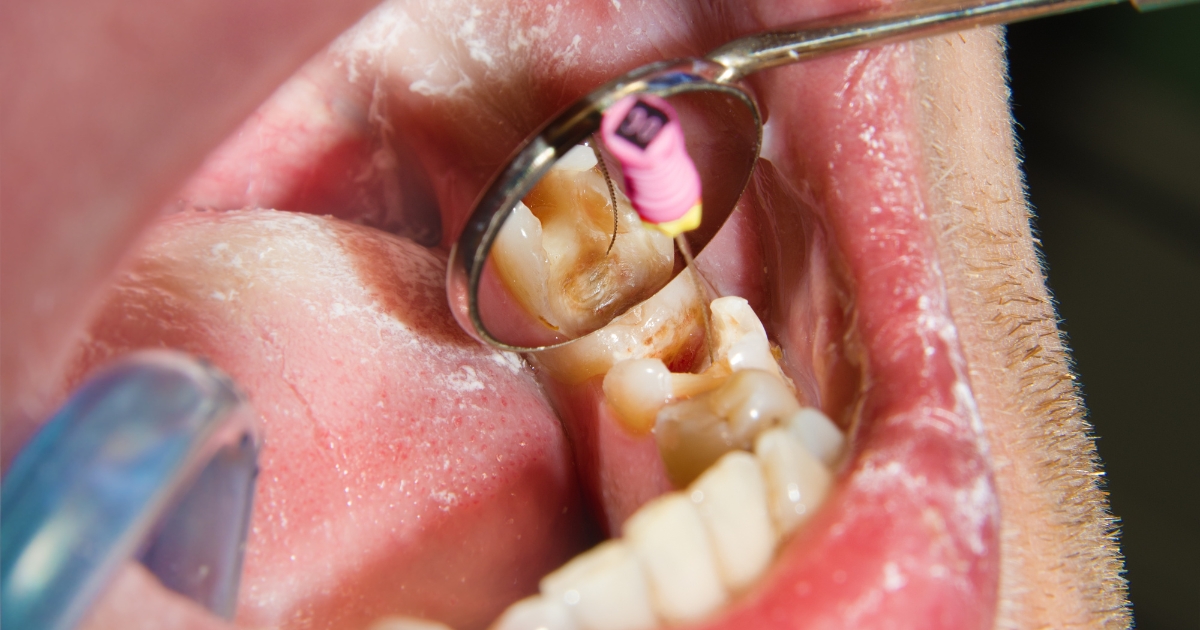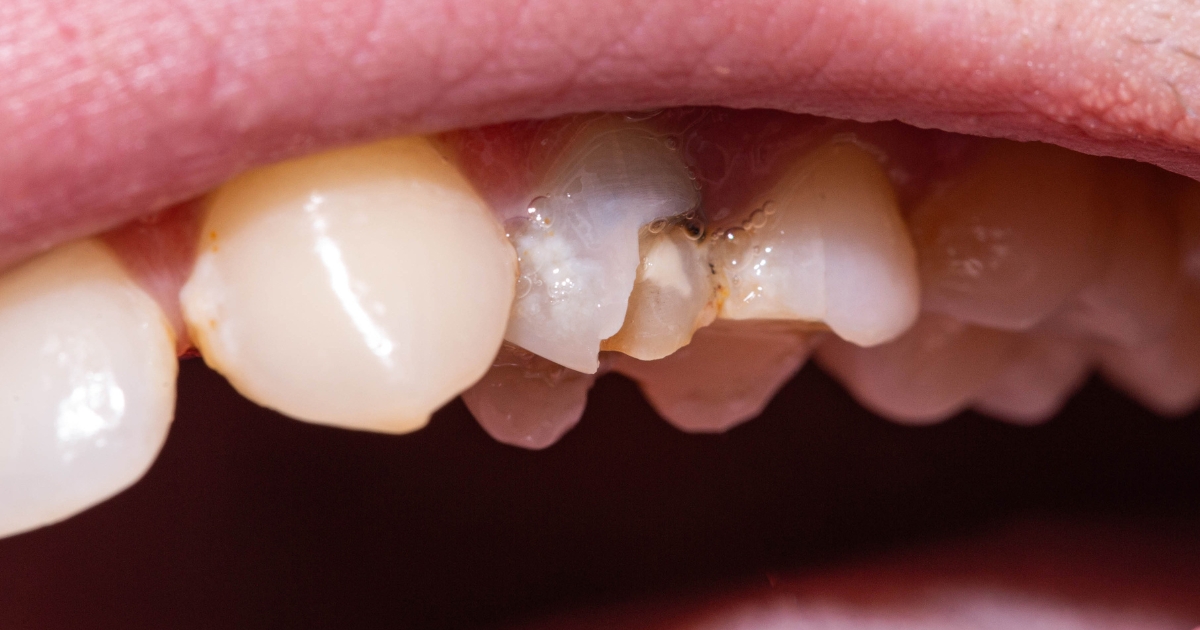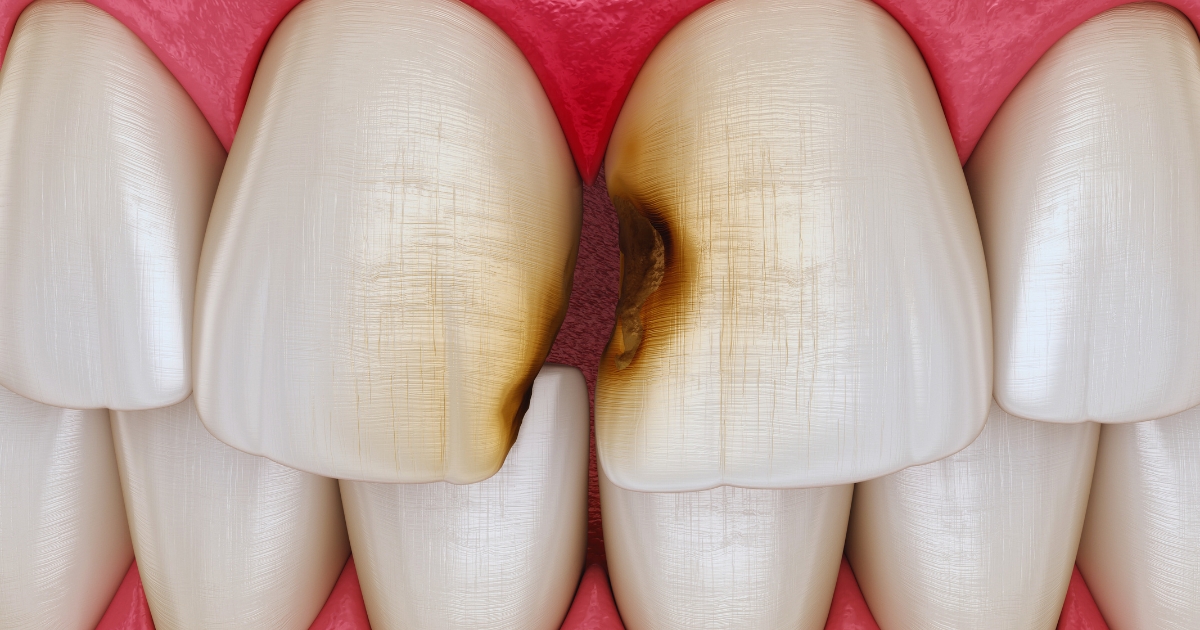Call Us Today 817-737-7668

Do you have persistent dental pain? Have you had a failed root canal? If so, endodontic surgery could be the solution. This cutting-edge dental surgery saves natural teeth when other treatments fail. If you neglect dental infections, it can cause serious complications.
Endodontic surgery significantly removes infection at the root and maintains your smile. Contrary to extractions, this surgery leaves your natural tooth structure intact.
What is Endodontic Surgery?
Endodontic surgery in Waco is a specialized dental procedure that dentists apply when a regular root canal is insufficient. Unlike non-surgical root canal treatments, which disinfect infected canals from the inside, this surgery addresses concealed or persistent infections. This process includes the creation of a small gum incision to access the root.
The endodontist extracts diseased tissue and closes the root tip to avoid reinfection. General dentists are responsible for simple root canals. However, endodontists handle cases with complications.
Equipped with advanced training and technology, they ensure accurate and reliable treatment. This surgery remarkably preserves natural teeth and avoids extractions and implants.
Types of Endodontic Surgery
Apicoectomy (Root-End Surgery) – This is the most frequent endodontic surgery. The infected root tip is excised and sealed in this procedure to prevent reinfection.
Root Resection – When a portion of a broken root must be removed, this surgery significantly halts further tooth decay.
Hemisection — If only one root is infected, a multi-rooted tooth might need to be split. The healthy portion is left functional.
Other Microsurgical Procedures – Sophisticated procedures such as regenerative endodontic therapy restore compromised tissue and stimulate healing. Endodontists employ advanced equipment for accuracy.
When is Endodontic Surgery Necessary?
A recurring infection following a root canal might need endodontic surgery. This is because it will help eliminate bacteria entirely. Clogged or calcified canals render standard root canals useless, which calls for surgery. Hidden fractures or cracks in the root can lead to extreme pain and bone loss if you leave them untreated.
Previous dental work may result in damage that only surgery can correct. Cysts or problematic lesions around the tooth root usually need to be removed by endodontic procedure.
A dentist will assess your situation to determine whether this is necessary. Early treatment avoids complications and saves natural teeth.
What to Expect During the Procedure?
Endodontic surgery is done under local anesthesia and makes the procedure painless. The endodontist opens a small incision on the gum to reach the infected root. Once done, they remove the affected tissue and clean the site well.
After that, dentists seal the root tip and insert sutures to facilitate healing. Most patients feel only slight discomfort. However, it will disappear within a few days. Complete recovery takes one to two weeks. A follow-up visit to the dentist significantly guarantees proper healing.
You must not neglect dental infection as it can have devastating results. Endodontic surgery preserves natural teeth when other treatments do not succeed. Early action avoids complications and maintains oral wellness.
A consultation with our adept endodontists guarantees success. Postponing treatment enhances pain and adds risk to the tooth. We can determine if endodontic surgery is a good option. Keep your smile intact—do not let pain escalate.





